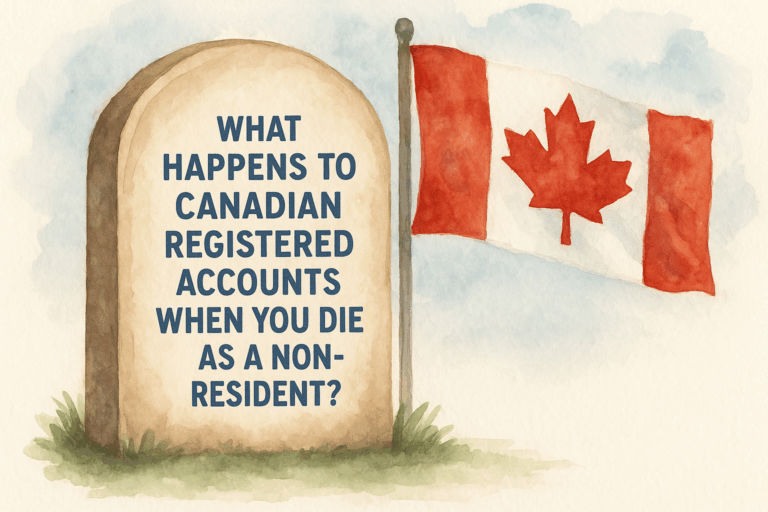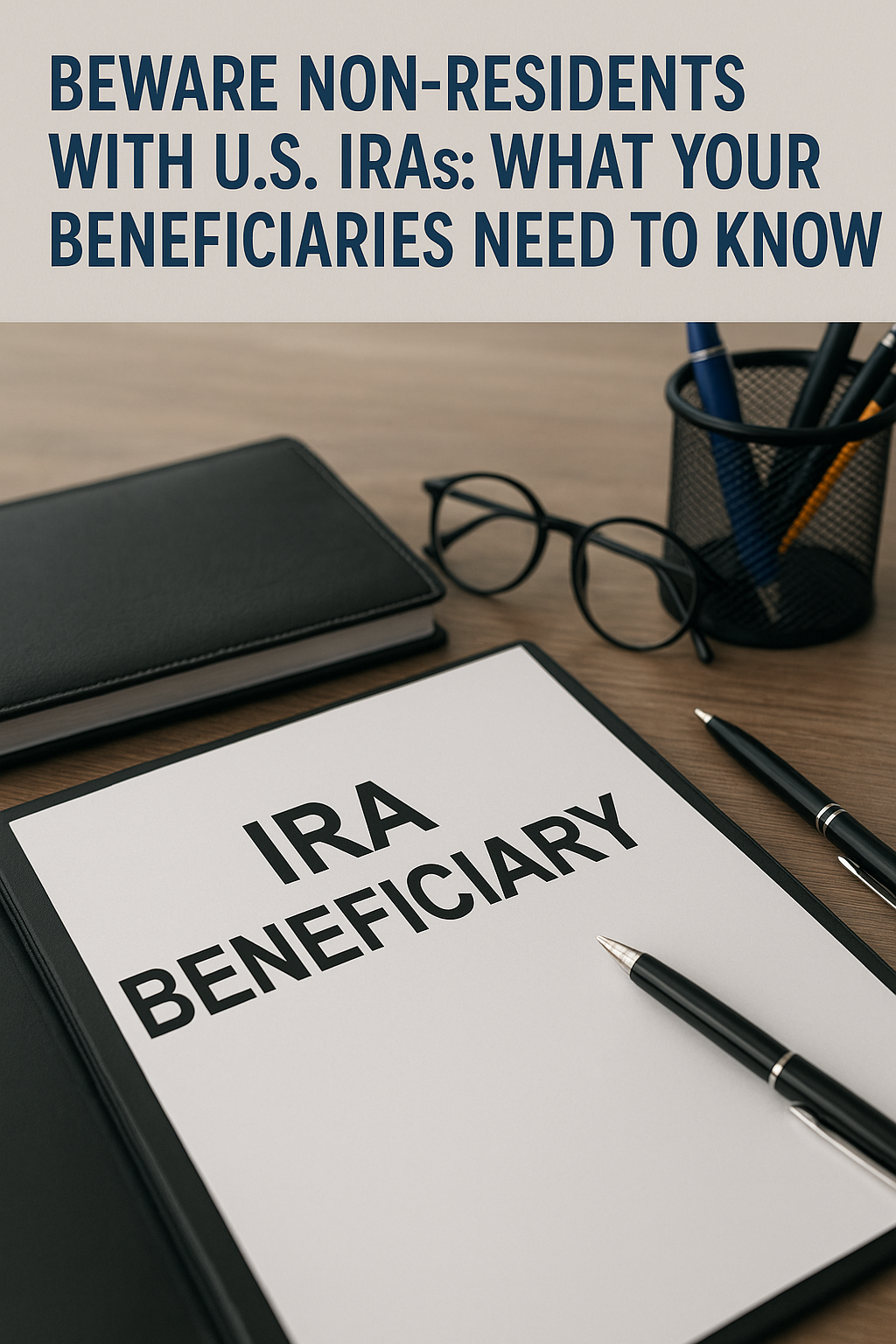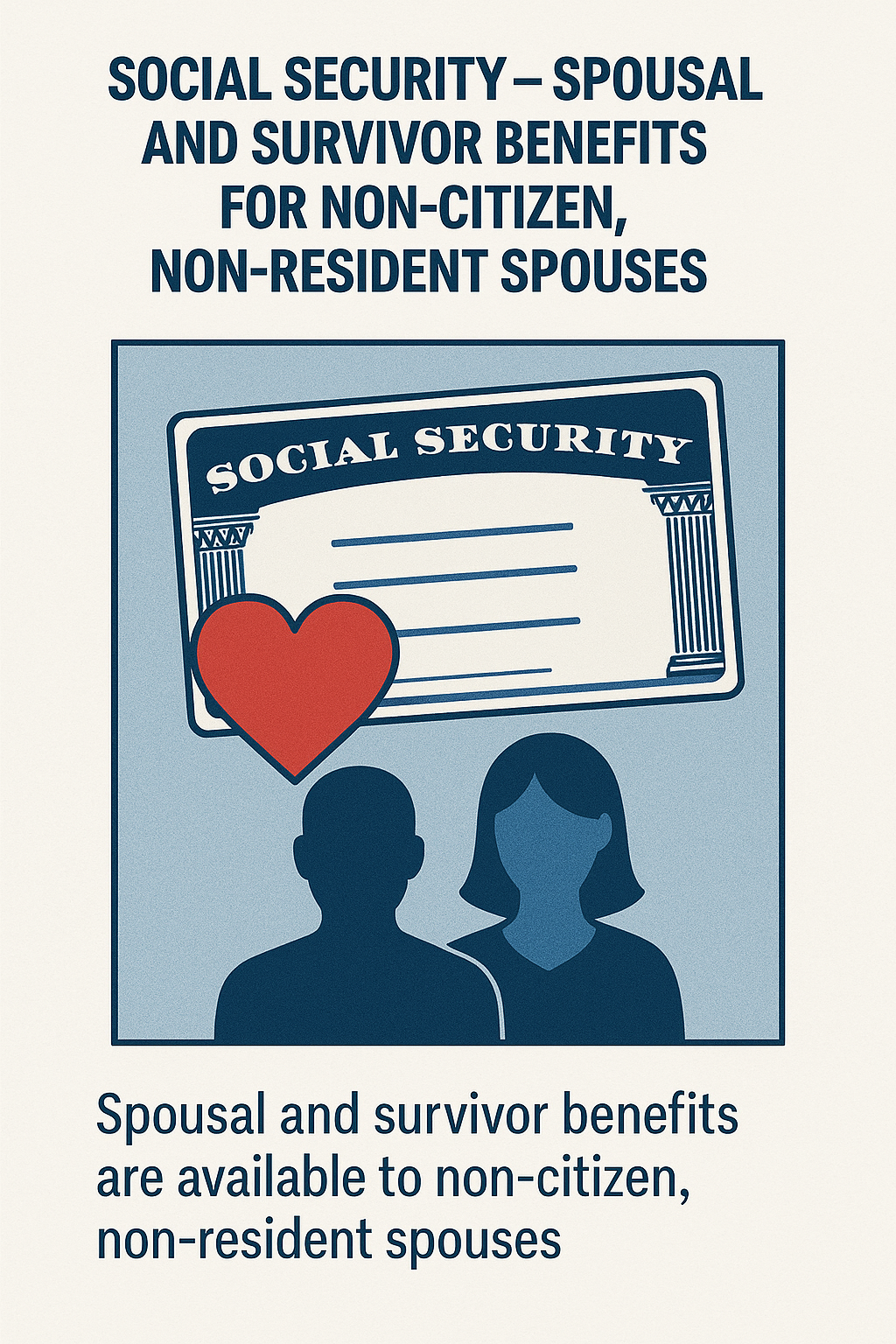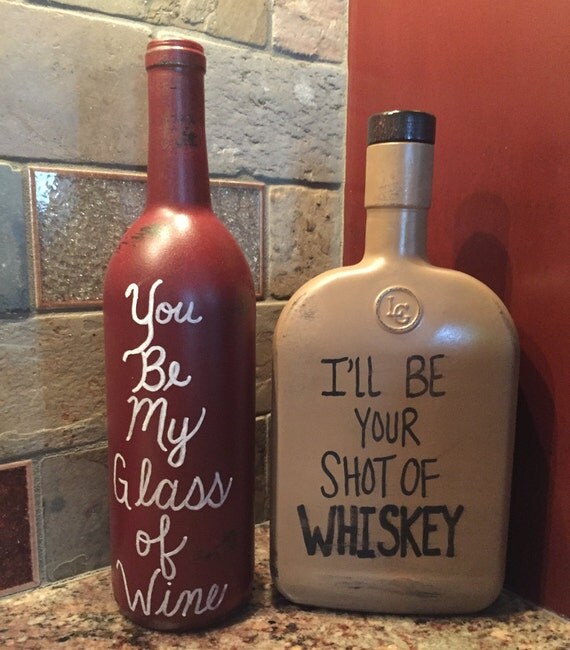 alt="wine or whiskey" width="570" height="650" />
alt="wine or whiskey" width="570" height="650" />
Importing a personal collection of wine or whiskey, or other alcoholic beverages into Canada involves navigating federal regulations and the specific requirements of the province or territory to which you’re moving. Here’s a comprehensive guide to help you through the process:
1. Understand Federal Regulations
The Canada Border Services Agency (CBSA) oversees the importation of wine or whiskey into Canada. Regardless of the province, all alcoholic beverages imported are subject to federal duties and taxes. Additionally, each province or territory has its own liquor control authority with specific regulations, permits, and fees.
2. Provincial and Territorial Regulations
Each province and territory in Canada has its own liquor control board or commission that regulates the importation of alcoholic beverages. It’s crucial to consult the specific authority in your destination province or territory to understand their unique requirements.
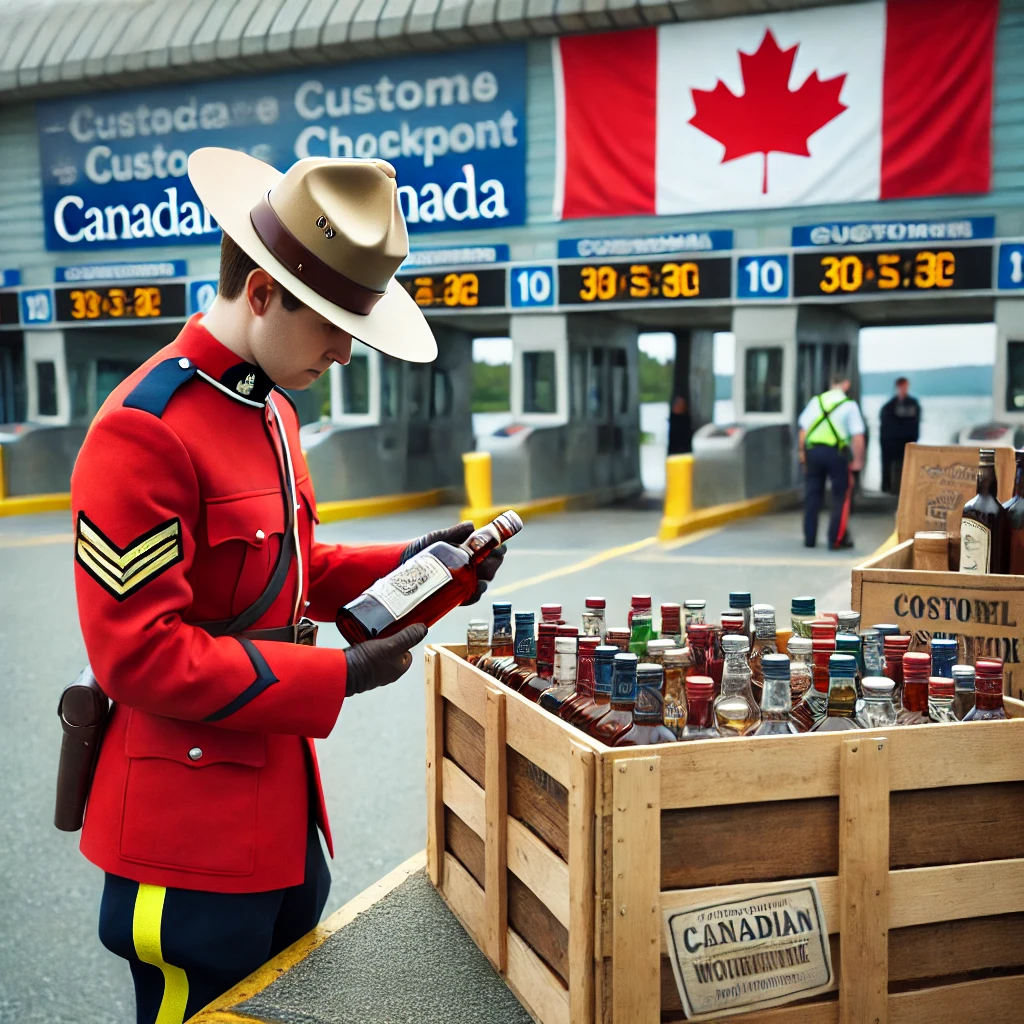 alt="" />
alt="" />3. General Steps for Importing Your Wine or Whiskey Collection
While procedures can vary, the following steps provide a general framework:
- Contact the Provincial or Territorial Liquor Authority: Reach out to the liquor control board or commission in your destination province or territory well in advance of your move. They will provide detailed information on the necessary permits, fees, and any quantity restrictions.
- Obtain the Required Permits: Many provinces and territories require an import permit for bringing in personal collections of alcohol. The application process, associated fees, and processing times can vary.
- Prepare Documentation: You’ll likely need to provide a detailed inventory of your collection, including the type of beverage, brand, volume, alcohol content, and value of each item.
- Arrange for Transportation: Decide whether you’ll transport the collection yourself or hire a specialized shipping company. Ensure that all transportation complies with both federal and provincial or territorial regulations.
- Declare Your Collection at the Border: When entering Canada, declare your wine or whiskey collection to the CBSA. Be prepared to present all necessary documentation and permits.
- Pay Applicable Duties and Taxes: Upon importation, you’ll be required to pay federal duties and taxes, as well as any provincial or territorial fees. The exact amounts can vary based on the type and value of the wine or whiskey , as well as the specific regulations of the destination province or territory.
4. Considerations
- Plan Ahead: Processing permits and arranging transportation can take time. Start the process well before your planned move to ensure all requirements are met.
- Stay Informed: Regulations can change, so it’s essential to obtain the most current information from official sources.
- Consult Professionals if Needed: If your collection is extensive or particularly valuable, consider consulting with customs brokers or legal professionals who specialize in wine or whiskey alcohol importation to assist with the process.
By thoroughly understanding and adhering to both federal and provincial or territorial regulations, you can successfully import your personal wine or whiskey alcohol collection into Canada.

